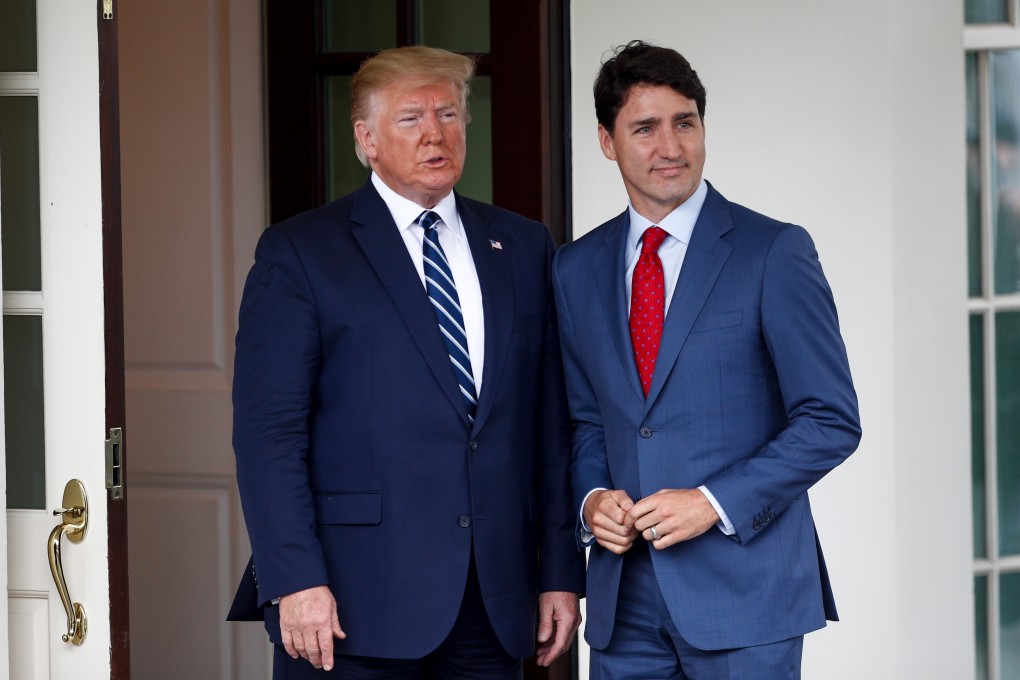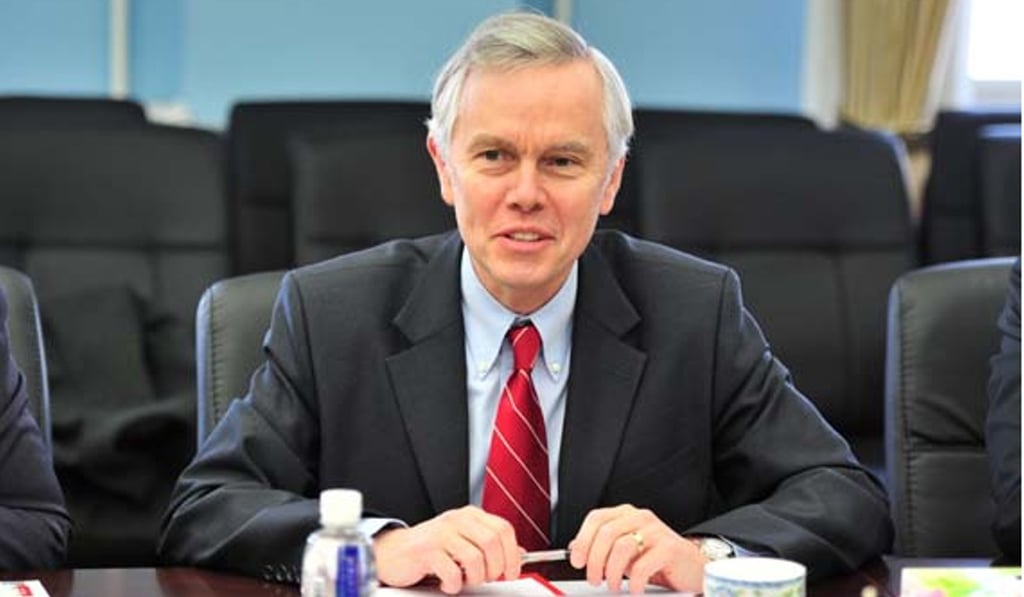Canada ‘will join US’ in speaking out for rules-based global order against China
- Relations between Ottawa and Beijing are at a turning point, according to former Canadian ambassador to China David Mulroney
- ‘We are coming to the end of a long period during which China has been allowed to be a free rider,’ he says

Canada will join the United States in seeking to uphold the rules-based international order after the saga over Chinese tech giant Huawei has pushed relations between Ottawa and Beijing to “a turning point”, a former Canadian ambassador to China says.
“The resulting Canada-China crisis is simply one of a series of disputes – erupting in many places around the world – that are at heart about China’s obvious disdain for a rules-based international order,” said Mulroney, who is now a distinguished senior fellow at the University of Toronto’s Munk School of Global Affairs.
“We are coming to the end of a long period during which China has been allowed to be a free rider, reaching a point at which it is a growing threat to the rules-based international order that Canada helped to create,” he said, adding that Ottawa had a real stake in speaking out on behalf of the system.

According to Mulroney, the rift had pushed Ottawa to seek closer ties with Washington, Beijing’s biggest geopolitical rival, and to take a more sceptical view of China’s initiatives that were “mainly designed to promote Beijing’s power and influence”.